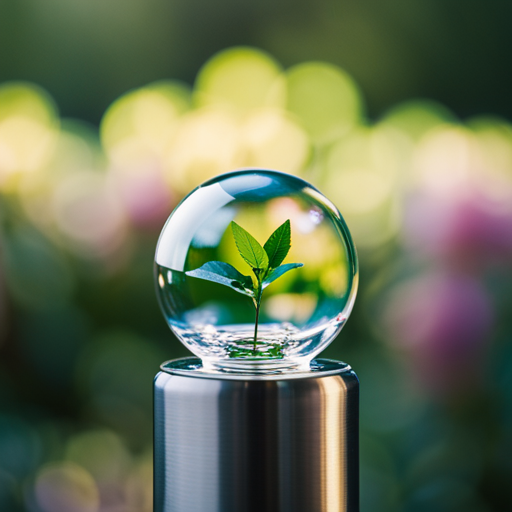Do you know the difference between hard and soft water? It’s not just about the mineral concentration and constituents in the water. The pH value of the water can also differ significantly, with hard water being more alkaline and soft water tending to be more acidic.
In this article, we will explore the pH battle between hard and soft water and how it affects your daily life. The alkalinity and pH value of water can have a significant impact on your health and the suitability of the water for various purposes.
Hard water, with its higher pH value, can cause skin irritation and dryness, while soft water can be more corrosive to metal pipes and appliances. Understanding the differences between hard and soft water and their pH values can help you make informed decisions about water treatment and ensure that the water you consume is safe and suitable for your needs.
So, let’s dive into the pH battle of water and learn more about how to ensure the water you use is safe and healthy for you and your family.
Key Takeaways
– Hard water is generally more alkaline, while soft water is more acidic.
– The pH value of hard water is closer to 9, while the pH value of soft water is closer to 5.5.
– Water can be treated if pH value is unsuitable, such as using an acid neutralizer for soft water or a water-softening system for hard water.
– The recommended pH range for drinking water is 5.5 to 9, and observations can determine the suitable pH value for a family.
Water Classification
You may already know that water can be classified as hard or soft based on its mineral concentration. Hard water contains high levels of minerals like calcium and magnesium, while soft water has lower concentrations of these minerals.
The classification of water is determined by the amount of these mineral ions present in the water, which is measured in parts per million (ppm) of calcium carbonate. Determining factors for water classification include the geological composition of the land and the water source.
Water that comes from areas with high levels of limestone and chalk deposits is more likely to be hard, while water that comes from areas with lower levels of these minerals is likely to be soft. Additionally, water that has been treated to remove minerals can also become soft.
Understanding the classification of water is important for choosing the right water treatment system for your household needs.
Alkalinity and pH Value
Understand how alkalinity affects the acidity level of your household water by checking the pH value. The pH scale ranges from 0 to 14, with 7 being neutral. Alkaline water has a pH greater than 7, indicating a higher level of alkalinity.
Here are some effects of alkaline water on the body and the environment:
– Drinking alkaline water may neutralize the acidity in your stomach and help with digestion.
– Alkaline water may also help improve hydration and boost energy levels.
– However, high pH water can have negative effects on aquatic life and the environment, as it can disrupt the natural pH levels of lakes and rivers.
– Additionally, alkaline water may not be suitable for people with certain health conditions, such as kidney disease.
It’s important to maintain a proper pH balance and consult with a healthcare professional before making changes to your water consumption.
It’s crucial to be aware of the effects of alkaline water on your body and the environment. While alkaline water may have some health benefits, it’s important to consume it in moderation and with caution. Consider using a water treatment system to ensure that your household water is safe and balanced.
Treatment and Suitability
Consider the suitability of your household water by evaluating its mineral concentration and using a water treatment system if necessary. If you have hard water, it may contain high levels of alkaline compounds that increase the pH value. This could cause scaling and clogs in your pipes, as well as make it less suitable for household washing.
On the other hand, soft water may not be suitable for people with high blood pressure and may have a pH value closer to 5.5, which is more acidic. To address these issues, you can use an acid neutralizer to reduce the acidity and increase the pH of your soft water. Alternatively, you can use a water softening system to remove the mineral compounds from your hard water, making it more suitable for household use.
It’s important to determine the suitable pH value for your family by observing the water and assessing its mineral concentration. With the right treatment system, you can ensure that your household water is safe, healthy, and suitable for your needs.
Conclusion
So, now that you know about the pH battle between hard and soft water, what can you do to ensure that the water you consume is safe and suitable for your needs?
First, you can test the pH value of your water using a simple testing kit. If the pH value is too high or too low, you can use a water treatment system to adjust the pH level and make the water more suitable for consumption.
It’s important to remember that the pH value of water can have a significant impact on our daily lives, from the taste and quality of our drinking water to the health of our skin and hair.
By understanding the differences between hard and soft water and the impact of pH levels, you can make informed decisions about your water consumption and ensure that you’re getting the best possible quality of water for your needs.




